Health bosses have reassured the public over the monkeypox outbreak in the UK after Scotland’s first case was confirmed on Monday morning.
Dr Nick Phin, medical and public health science director at Public Health Scotland, says he is “confident this is not the next Covid”.
He also says the Scottish case is under investigation but not linked to ‘patient zero’, the first travel-related case which was identified in England.
This means the patient was most likely infected in the UK.
Infectious disease unit
However, Public Health Scotland would not confirm the location of the case other than saying the patient is receiving care and treatment in “one of the infectious disease units in Scotland.”
Ninewells Hospital’s Ward 42 is an infectious disease unit, where many Covid patients were cared for.
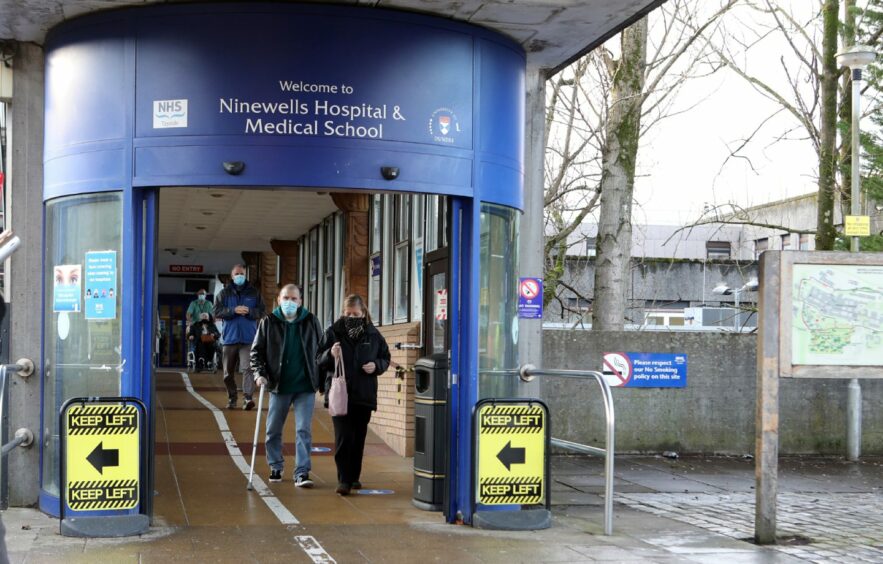
The unit in the hospital’s East Block has 18 inpatient beds, including 14 single isolation rooms, and six negative pressure isolation beds.
It also has a large outpatient and home parenteral antibiotic therapy (OHPAT) programme for non-life-threatening infection.
There are also infectious disease units at Aberdeen Royal Infirmary, Edinburgh’s Western General Hospital and at Glasgow’s Gartnavel General Hospital.
There are now 56 confirmed monkeypox cases in the UK.
‘This is not Covid two’
Dr Phin is keen to outline the differences between the monkeypox outbreak and the Covid pandemic “This is not Covid two for a number of reasons,” he says.
One is the fact there is already a vaccine available to treat monkeypox.
Although smallpox vaccination stopped in 1971, the vaccine Imvanex used to treat the disease also works for monkeypox.
Close contacts of an infected person are being offered the vaccine.
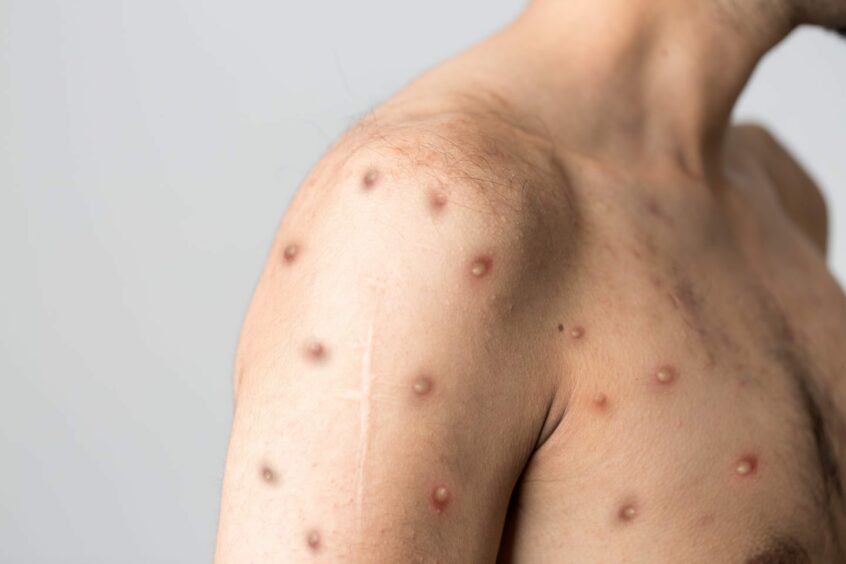
“There are a number of striking differences between this and Covid,” Dr Phin explains.
“We’ve got a longer incubation period – once someone is exposed between five and 14 or seven and 21 days. So we have longer to look back at cases.
Vaccine
“We’ve got an effective vaccine and we’ve got effective medication (anti-virals). So it is much more straightforward to control.
“And there is not what we understand to be an asymptomatic phase. So, if you’ve got symptoms that’s when you’re infectious.”
He added that vaccines would not be compulsory or lead to a vaccination programme as with Covid.
Initial symptoms of monkeypox include fever or high temperature, headache, muscle aches, backache, swollen lymph nodes, chills and exhaustion.
A blister-like rash or small number of blister-like sores can develop, often beginning on the face, then spreading to other parts of the body, including the genital area.
The rash changes and goes through different stages, before finally forming a scab, which typically falls off over the course of a couple of weeks.
Risk is low
Individuals are infectious from the point symptoms start until all the scabs fall off.
Dr Phin continues: “The overall risk to the general public is low.
“Anyone with an unusual blister-like rash or small number of blister-like sores on any part of their body, including their genital area, should avoid close contact with others and seek medical advice if they have any concerns.”
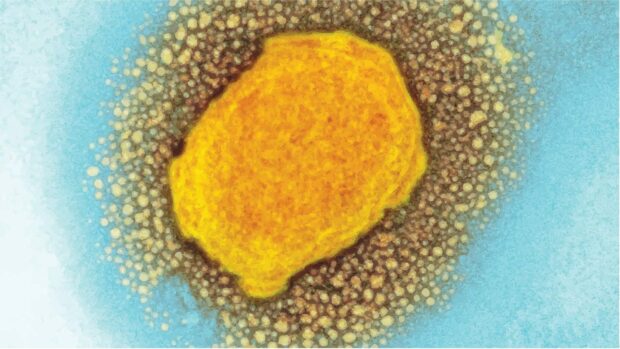
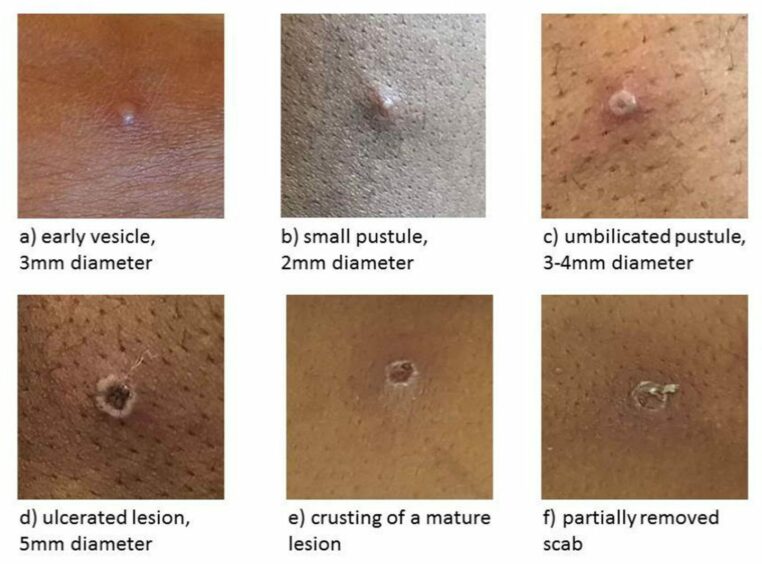
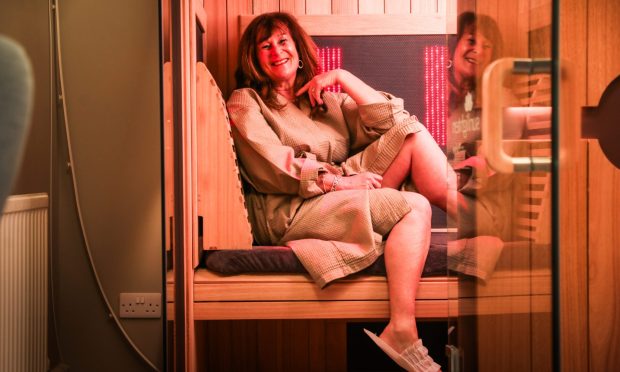









Conversation